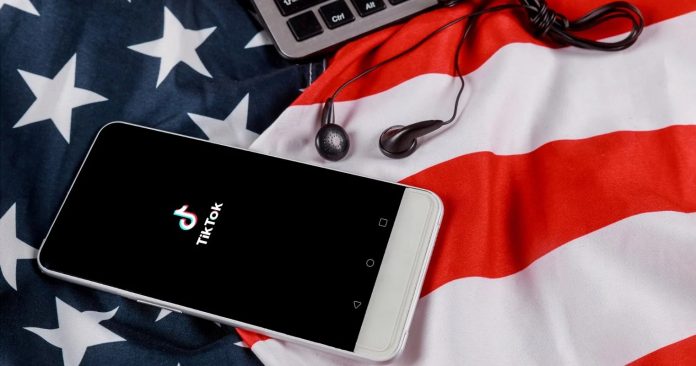In a move mirroring actions taken at the federal level, New York City has officially banned the use of TikTok on government-owned devices. The decision, driven by apprehensions related to security, underscores the growing bipartisan unease surrounding the app’s implications.
Last year, the U.S. Congress passed a measure prohibiting TikTok’s usage on federal devices, and multiple states have followed suit. The primary source of concern lies in the fact that TikTok is owned by ByteDance, a Chinese technology company. This ownership arrangement has ignited worries among policymakers that American users’ data might be jeopardized, particularly if compelled to divulge information in compliance with Chinese regulations.
A spokesperson from NYC’s City Hall stated that the prohibition was the outcome of a comprehensive evaluation by the city’s Cyber Command, which identified TikTok as a potential security hazard to the municipality’s technical infrastructure.
All city agencies have been given a 30-day window to expunge the application from government-owned devices.
With this decision, New York City now aligns itself with federal policy. However, endeavors to take more extensive actions against TikTok beyond government-owned hardware have proved elusive. Despite a flurry of legislative initiatives and a congressional hearing featuring TikTok’s CEO earlier this year, the drive to intensify restrictions on the app has subsided in favor of other priorities.

TikTok has presented a proposal to the U.S. government, outlining measures aimed at safeguarding the security of American user data. Yet, these efforts have done little to allay the concerns harbored by policymakers.

